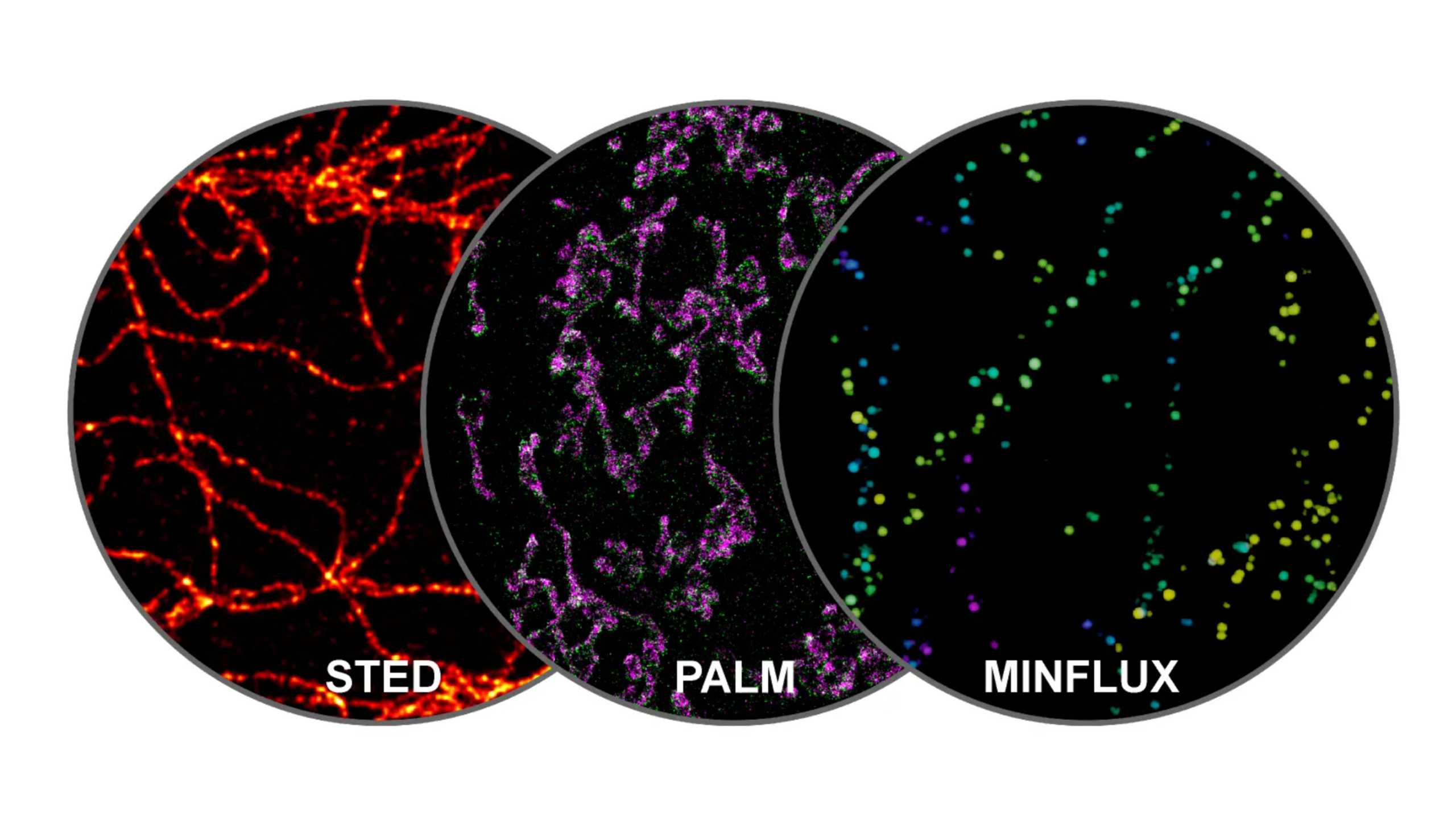Repeated polyp diagnoses in relatives indicate higher risk of colorectal cancer

Researchers at the German Cancer Research Center (DKFZ) and at the National Center for Tumor Diseases (NCT) Heidelberg have investigated the association between an individual’s risk of colorectal cancer and repeated diagnoses of colorectal polyp in relatives. They conclude that, in particular, the risk of developing colorectal cancer at a young age is significantly increased in the presence of such a family history. This increased risk of developing the disease should be counteracted by risk-adapted preventive strategies.
Colorectal cancer is the third most common cancer and the second leading cause of cancer-related deaths worldwide. The majority of cases are caused by intestinal polyps. It takes an estimated ten years for a polyp to develop into a tumor. Preventive colonoscopies and the removal of polyps reduce both the incidence and mortality rate of colorectal cancer.
In Germany, people with statutory health insurance are entitled to a colonoscopy – men from the age of 50 and women from the age of 55. In recent years, about 12 percent of all new cases of large bowel cancer have been diagnosed in people under the age of 50. These relatively young cases of colorectal cancer are often only detected at an advanced stage and are then associated with a poorer prognosis.
Researchers from the DKFZ and the NCT Heidelberg, together with colleagues from the Lund university in Sweden, have investigated the association between the frequency of polyp diagnoses in relatives and the risk of colorectal cancer, both overall and at a young age. For their cohort study, they used a Swedish database for familial cancer, which with more than 11 million individuals with a known pedigree is the largest of its kind worldwide.
Mahdi Fallah, NCT Heidelberg and DKFZ, is the senior author of the study. He says: “We found that people have a statistically significant increased risk of colorectal cancer, especially the disease at a young age, if their relatives have repeatedly been diagnosed with colorectal polyp.” The importance of this finding will increase in the future, as more intensive colorectal cancer screening in many countries is leading to colorectal tumors being diagnosed at earlier stages, including the benign polyp stage. Therefore, a family history of polyps could become more relevant for assessing an individual’s risk of developing the disease, while colorectal cancer as a measure might become less relevant.
The increased risk of developing colorectal cancer is already present in a first-degree relative with a polyp diagnosis (1.4 times higher than in individuals with no family history). The individual risk of developing colorectal cancer is related to the number of relatives diagnosed with colorectal polyps and the frequency of their diagnoses. For example, someone who has two or more first-degree relatives with repeated diagnoses of polyp has a 2.4-fold overall risk and about 4-fold risk of developing the disease at a young age.
“Our results underscore the need to develop more personalized strategies for early detection of colorectal cancer that are tailored to individuals with a family history of polyp,” says Mahdi Fallah. This would mean that screening strategies should take into account both the frequency of diagnosis of colorectal polyp in relatives and the number of relatives with colorectal polyp in colorectal cancer. “In particular, we should address the increasing incidence of young-onset colorectal cancer with risk-adapted screening,” adds Mahdi Fallah.
Publication: Yuqing Hu, Elham Kharazmi, Qunfeng Liang, Kristina Sundquist, Jan Sundquist, Mahdi Fallah. Risk of colorectal cancer associated with frequency of colorectal polyp diagnosis in relatives. Gastroenterology (2025); https://doi.org/10.1053/j.gastro.2024.12.030




